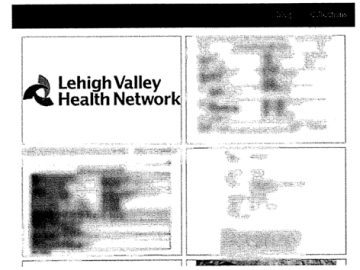A critical vulnerability has been discovered within the XZ Utils library (a command line tool for compressing and decompressing XZ files within Linux distros), marked as CVE-2024-3094. This exploit, classified as a severe backdoor, impacts Linux distributions, potentially granting unauthorized access through SSH authentication bypass.
The vulnerability perturbs the Linux community, posing a substantial risk to systems relying on XZ Utils for data compression. The code embedded within versions 5.6.0 and 5.6.1 of XZ Utils subtly alters the liblzma library, a core component for data compression.
This manipulation opens the door to remote code execution (RCE), circumventing SSH authentication.
Critical XZ Utils Backdoor (CVE-2024-3094 Vulnerability)
The discovery of this backdoor stemmed from anomalous SSH login behaviors observed by Microsoft engineer Andres Freund. Through trial and error, Freund traced the irregularities to the XZ build process, unraveling a series of obfuscations crafted to evade detection.
“The upstream xz repository and the xz tarballs have been backdoored. At first I thought this was a compromise of debian’s package, but it turns out to be upstream”, stated Freund.

@JiaT75, purportedly the creator behind the infiltration, contributed to the oss-fuzz project, potentially aiming to obfuscate the backdoor’s detection capabilities. This sophisticated move aimed to outsmart existing security measures, adding layers of complexity to the analysis.
Technical analysis of CVE-2024-3094 reveals a multifaceted approach to exploit systems. An obfuscated script, injected during the XZ build process, selectively targets specific Linux distributions and build conditions. This selection criterion ensures the backdoor’s stealthy deployment, evading detection in non-targeted environments.
Mitigation Against the CVE-2024-3094 Vulnerability
Furthermore, runtime requirements for exploitation add additional nuances, such as environmental variables and binary paths, complicating detection and mitigation efforts. Despite these challenges, no instances of active exploitation have been reported as of March 30, offering a window for preemptive action.
Affected Linux distributions include Fedora 40/41, Rawhide, Arch Linux, Debian Sid, Alpine Edge, openSUSE Tumbleweed, and openSUSE MicroOS. Recommendations urge users to revert to secure versions, such as XZ Utils 5.4.6 Stable, while conducting thorough assessments to identify potential compromises.
Cloud environments, although exposed, exhibit limited vulnerability, with only a small percentage of instances running affected versions. Nonetheless, proactive measures are advised to preempt any potential exploitation.
Moreover, CVE-2024-3094 poses a critical threat to Linux systems, necessitating immediate action to mitigate risks and safeguard sensitive data. By following advisories from organizations like CISA, and MITRE, and downgrading affected versions, users can protect their Linux systems against this backdoor.
Media Disclaimer: This report is based on internal and external research obtained through various means. The information provided is for reference purposes only, and users bear full responsibility for their reliance on it. The Cyber Express assumes no liability for the accuracy or consequences of using this information.



